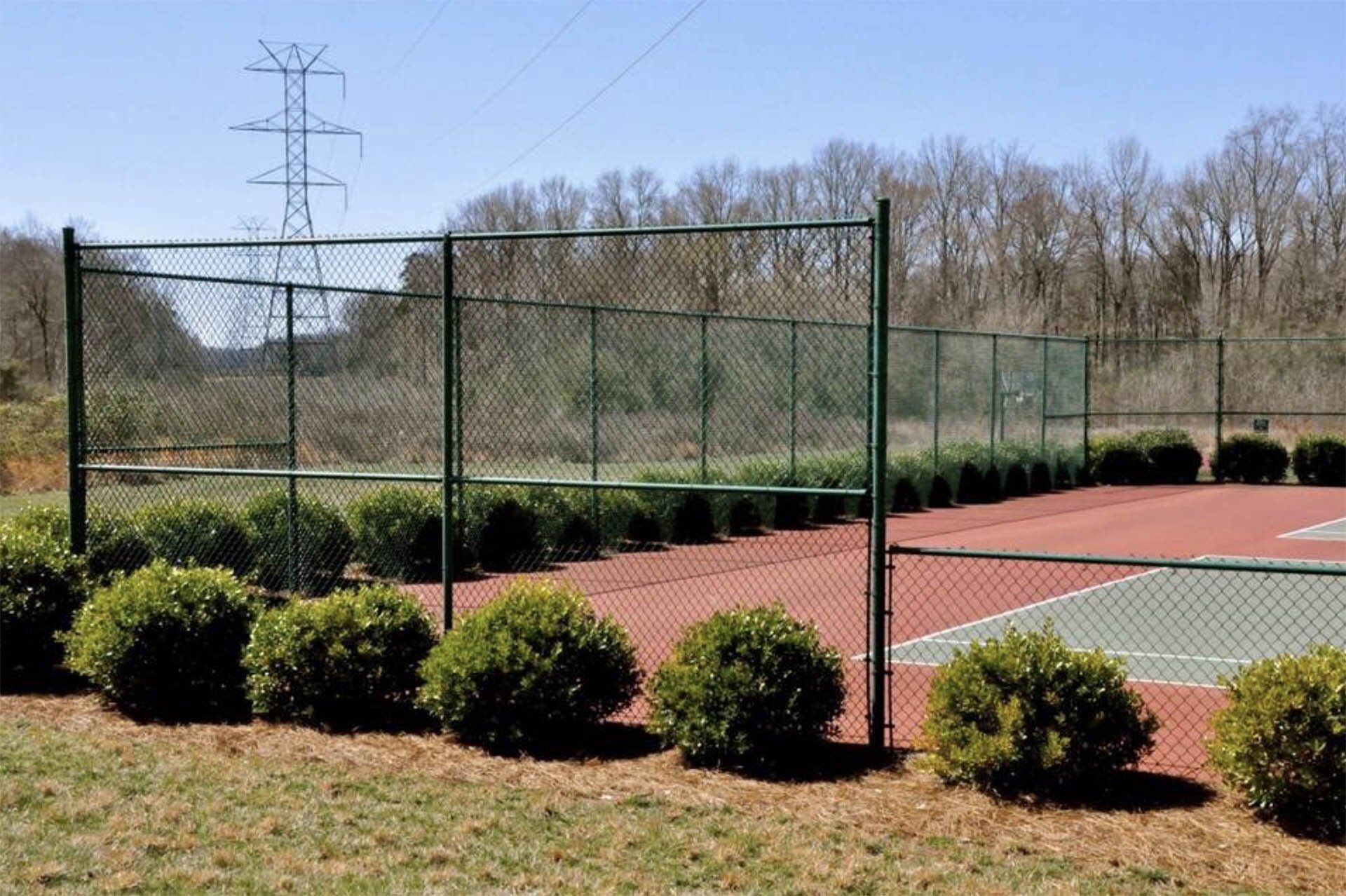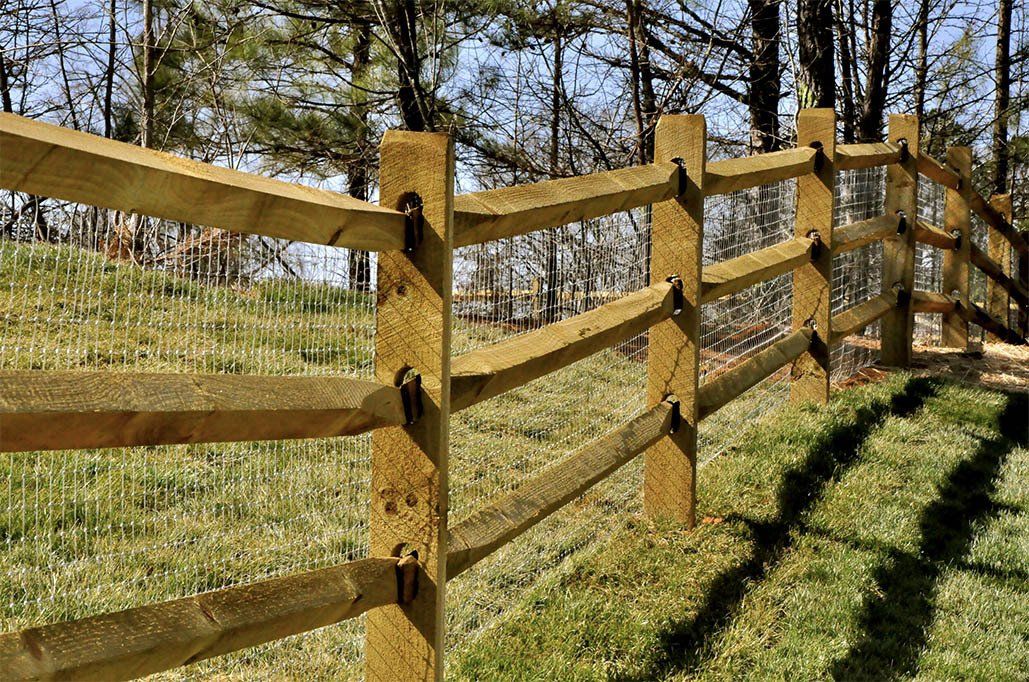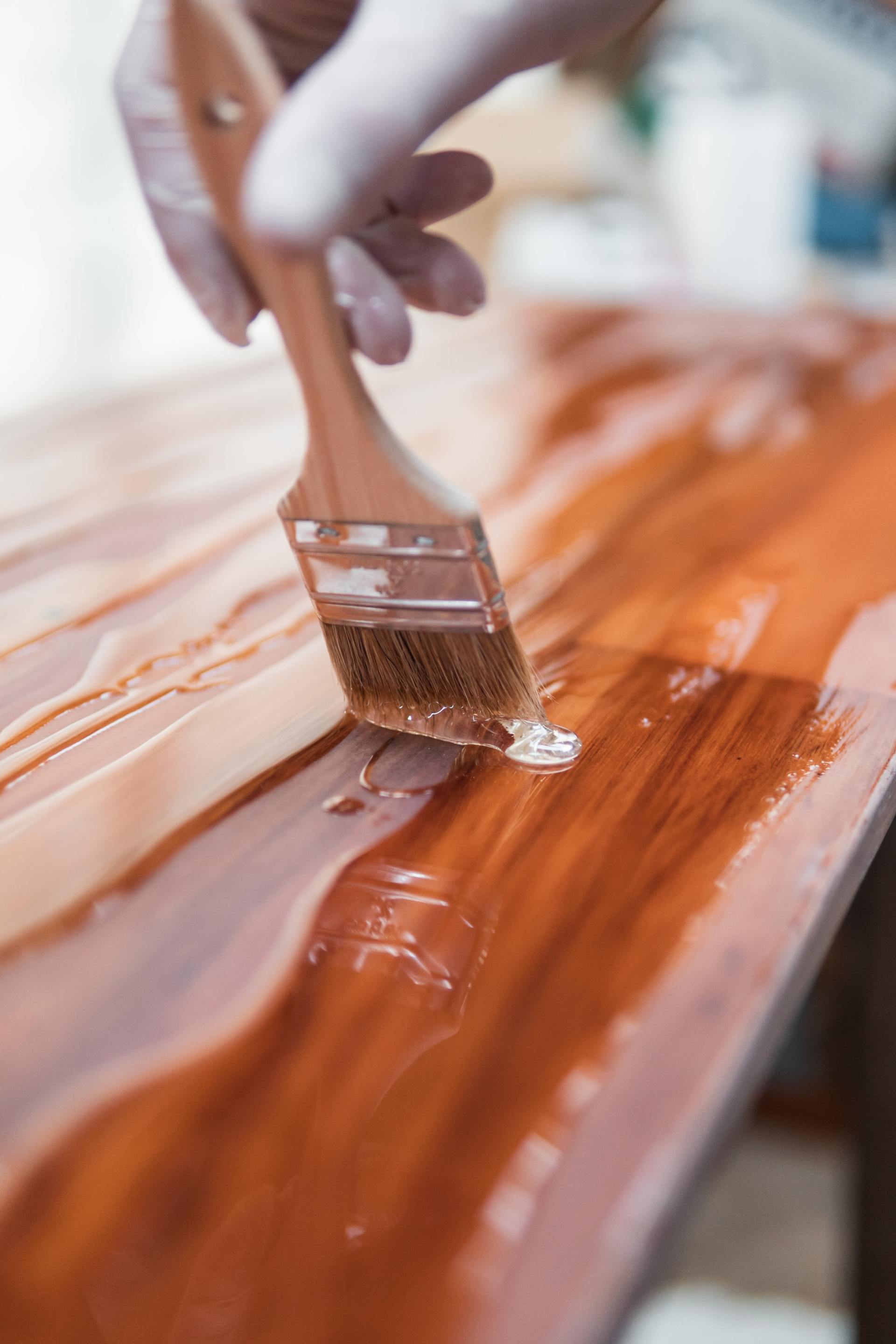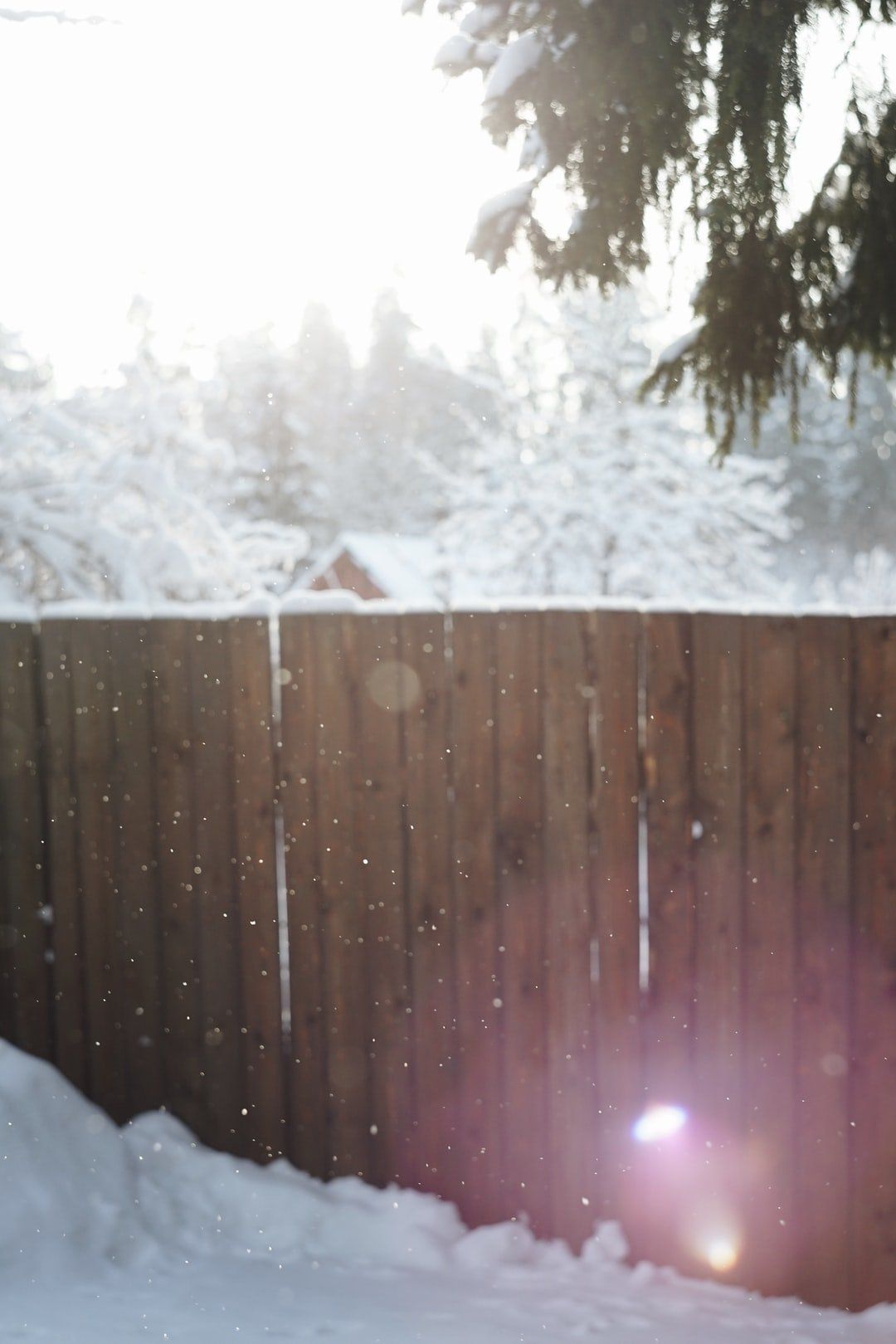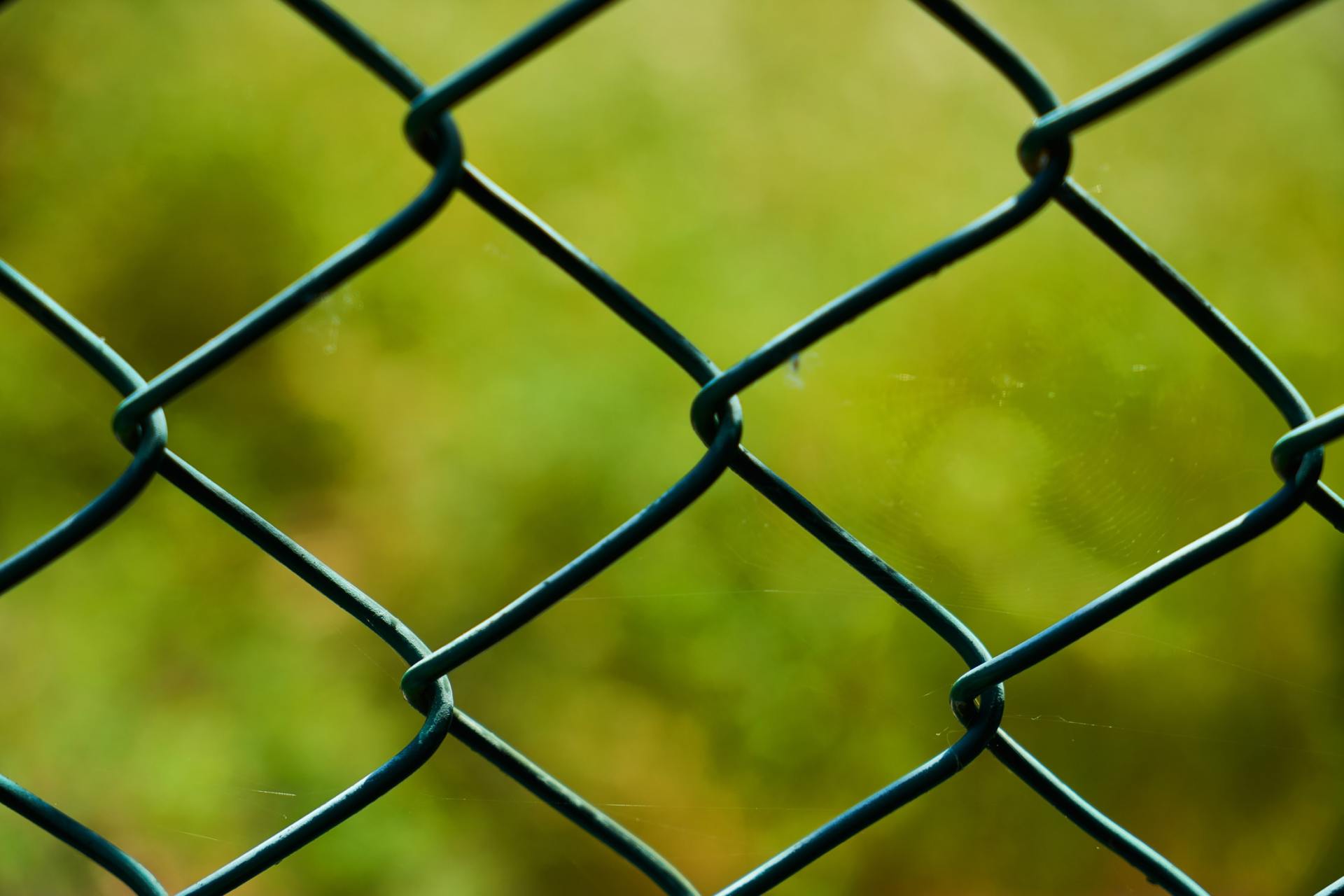What type of fence lasts the longest?
If you ask online, “What fence lasts the longest,” you will get a surprising number of answers. That’s because multiple factors play into a fence material’s longevity, but we’ll keep it simple. If you’re asking because it’s trivia night, the correct answer is: galvanized steel chain-link fence. But, if you’re asking because you actually want to install a long-lasting fence on your residential or commercial property, read on to find out what fence will last the longest, considering your type of project (and your enthusiasm for maintenance).
Types of Fence Materials (And How Long They’ll Last)
Aluminum
Both residential- and commercial-grade aluminum fences are at the top of the list for durability. Aluminum is the preferred fence material of most of our customers. It is not susceptible to rot, rust, or water damage, and our aluminum fences carry a limited lifetime warranty from the manufacturer for chipping, fading, and peeling. Combine that with experienced professional installation, and you have one of the longest lasting fence options available.
Steel
As we mentioned above, galvanized steel chain-link fencing is the longest lasting type of fence. It is not the most popular type of fence, however, because it lacks privacy and curb appeal. As a fence material in general, a properly installed solid steel fence can last a lifetime, while a hollow steel fence won’t last quite as long it is more susceptible to damage from the elements. Rust prevention is the most maintenance a steel fence demands.
Vinyl
Vinyl (or PVC) fencing material has seen significant improvement over the years, and today’s vinyl fences are strong, durable, and low-maintenance. Vinyl can still become slightly brittle in very cold temperatures though, so keep your climate in mind. Higher gauge (thicker) vinyl costs more but also offers more durability. Vinyl fences require virtually no maintenance outside of hosing off dirt and mildew, and properly installed vinyl fencing can last over 30 years.
Wood
The longevity of wood fencing depends moderately on the quality of wood, partly on installation, and very much on regular maintenance. First, remember that cedar will last longer than spruce or pine, and treated wood of any kind is more durable than any untreated wood. Moisture is the biggest enemy of your wood fence’s durability, so be sure fence posts are treated, and use concrete in the post holes to keep out moisture. If you regularly stain or paint a wood fence (stain every two years or paint every four), it will greatly increase the wood’s longevity as well. A well-maintained, treated cedar fence can last 40 years.
Wrought Iron
A professionally-installed wrought iron fence can last over 60 years, but not without maintenance. To avoid corrosion, wrought iron must be treated with a rust-resistance finish every few years. Keep in mind that ornate details, where the iron has been bent and curved, are more fibrous and will be more vulnerable to the elements.

